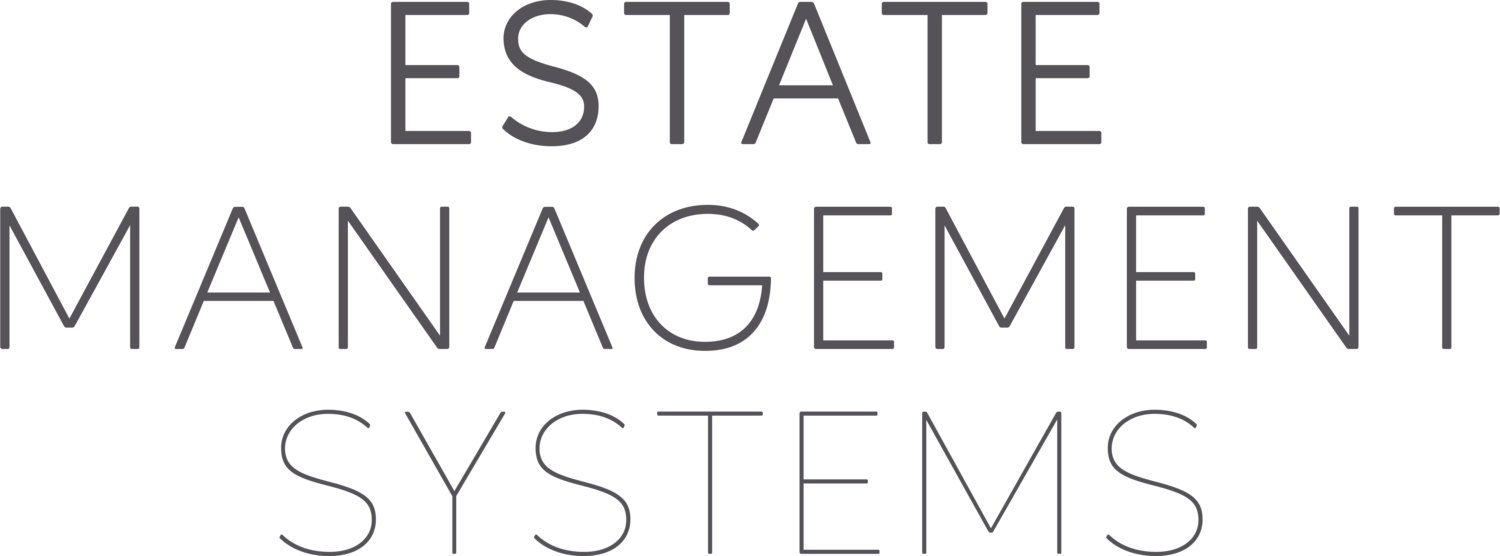Gray Areas of Non-Disclosure Agreements
Let’s dive into non-disclosure agreements (NDAs). Why they’re important, and what’s missing in most agreements.
Realize that…
Every private service professional understands the importance of these agreements.
Every homeowner wants to protect their privacy.
I can't even count the number of NDAs I have signed in my career. For the most part, they all say relatively the same thing.
Here’s a sample of some key points in the NDA I have my contractors sign:
They agree that:
They will not be involved in preparing a book, article, story, video, or film about the homeowner, family business, business interests, or personal lives, interests, assets, or properties.
They will not disclose confidential information on blogs, Wikipedia, social networks, virtual worlds, or social media.
These are standard requests. But….
Here are some gray areas I've never seen written and defined.
First, it may not be legal to put restrictions in an NDA to say what a candidate can reveal on their resume, but I have heard PSPs say that their previous employer objected to being referenced in their LinkedIn profile.
Say what?
In the past and per industry standards, I can tell you that most candidates’ resumes and LinkedIn profiles look like this:
A “private family” or “ultra-high net worth individual.” Some may go so far as to say that they’ve worked for an A-list celebrity or the founder of a hedge fund to paint a picture of the scalability and expertise.
The number of properties they managed with square footage and amenities.
The number of staff and contractors.
Some also add annual operating budgets and renovation costs – was it a million-dollar renovation project or $10,000? Those kinds of details are essential to describe their experience.
These are typical of any industry and describe the candidate's experience and level of professionalism. So it's critical to spell them out.
What happens when an NDA does not explicitly forbid details like the above?
I see this as a huge miss. Often, the previous principal comes back and says, “Hey, on your LinkedIn profile, you said, ‘Managed five houses for Hollywood A-list celebrity with XYZ job responsibilities. I want that information removed from your profile.”
Or a potential employer may ask, “Tell me about your previous experience and why you're no longer employed with that principal.”
Or, during an intake interview with a recruiter, a candidate discreetly name-drops to give them an accurate perspective; perhaps they said the celebrity’s name… It’s hard to know what’s acceptable in this situation and how to say it (regardless of whether they are restricted in their NDA from naming that celebrity).
But somehow, when that information gets passed down the line – and principals know who you worked for – they may take a step back and say, “You disclosed your other employer, and now I'm nervous you're going to expose me in the same way when you leave my position.”
I’ve often wondered whether linking to a previous employer’s company on LinkedIn, although I have permission to do so, might be construed by other homeowners as “too telling.”
This is a situation where I would say to a homeowner…
If you need a higher level of privacy and security – whether it's an individual, corporation, or family – call your attorney and write your desires into your NDA so the next candidate will understand what’s expected and appropriate to include on their resume and LinkedIn profile after they leave your employment. If you can't get a candidate to agree to your request, that's a point of future negotiations.
Remember, this is a win-win relationship; these business relationships must be mutually respectful and beneficial. If you can't get a candidate to sign off on your request because it's not in their best interest – remember they need to be able to market themselves throughout their career. They can't drop your position from their resume and say nothing about that experience with your family with any level of believability.
So please consider what you want as a homeowner and add it to this critical document. And candidates, think about what it is that you're willing to agree to because this will come back to you over and over again throughout your career.
– To the recruiters, please coach your principal clients about the sensitivity of this issue and what’s appropriate for our industry. –
In closing, both parties need to remember that…
We need to write more descriptive language into our NDAs so everyone understands what they agree to when they sign your NDA.

